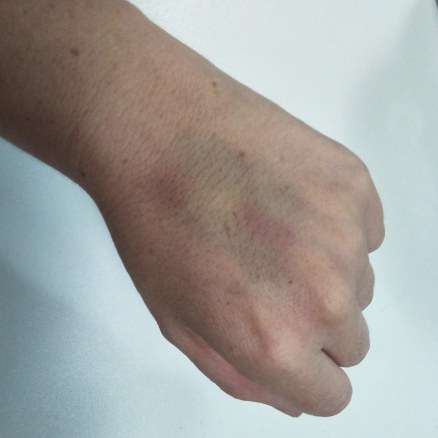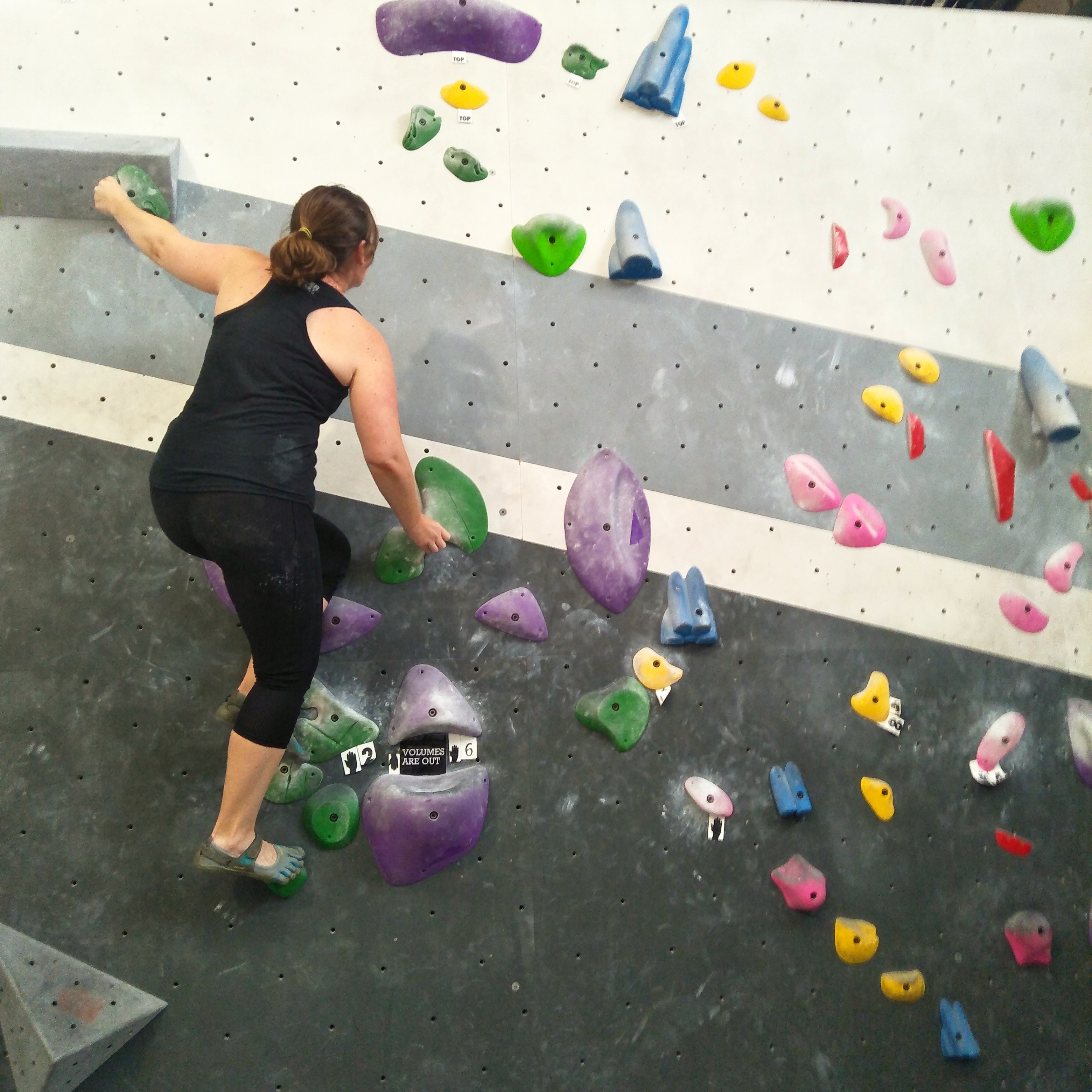It’s been a year since my official diagnosis of MS, though it is likely I was living with it for longer than that, unnoticed. I wanted to take a moment to reflect on the previous year and cement my moves going forward.
In the past 12 months I have had 6 full body MRIs, my symptoms have intensified and spread, I’ve changed medications from a daily tablet to a monthly hospital infusion. I’ve returned to full time work and put my son in daycare. I’ve become an MS Ambassador, I’ve learnt so much about my condition, kept up to date with the research and have since transitioned from essentially a carnivore, to vegetarian eating fish, to vegan with some finer restrictions based around the research I’ve been reading. I’ve gone through phases of wanting to talk about it, and not wanting to talk about it. I’ve felt like my normal self and I’ve been depressed beyond measure.
I’ve learnt a lot about myself, about what is important to me, and what I want for my life; this experience has brought uncertainty, some fear, but also a lot of good into my life.

What the nurses wear to administer my medications. It’s confronting and unsettling, but it’s my monthly norm now. 
I sit there for just over 2 hours and this is the bruising after each infusion, it clears up just in time for the next one.
I can’t say I’ve spent a whole day without thinking about the MS, but who can blame me? It’s a life-changing diagnosis with some very real and terrifying potential futures. Even if I do think about it every day that’s not necessarily a negative thing, yet most people assume that and proceed to tell me “not to think about it”. Perhaps this is more a reflection of them not wanting to think about it and have that reminder of what’s happening to me. Telling someone just not to think about it, or not to focus on it is a bit rich when they aren’t experiencing your symptoms. To be honest even if they were, to tell someone not to think about what they are experiencing, what they are currently living through at every moment is to diminish and disregard their experience. It’s similar to telling people they’ll be okay when something bad happens to them. Let those people be the ones to guide you about their experiences, as you can about yours, and if I talk to you about what I’m experiencing. It means I trust you enough to know you will not dismiss my experience, but allow me instead to explore that experience, to verbalise it, to turn it into something tangible instead of internal which helps to cope with it.
With that in mind, I aim for mindful acceptance. To acknowledge that the symptom is there, that I’m experiencing it at this time, and to feel it for what it is. It can be difficult, and sometimes confronting, though most days I accomplish this easily. I also take more time to find little moments of appreciation. At least once a day I take a moment to watch my son sleep and soak that in. A couple of evenings each week I stand outside in the cool breeze, listening to the birds call, appreciating the vivid watercolour sunsets, and smelling the eucalyptus trees. In the mornings on the train if I’m not meditating, I watch the people around me – how they interact with each other, the conversations they’re having on the phone, the books or magazines they are reading and take in their moments.
I also find there is more reason behind each of my actions. I meditate to reduce stress, to centre myself, and because the research I’ve read supports it’s potential for healing. I’ve always eaten well to look after my body and to support my workouts (since I lost weight at least) but now I’m vegan* because it is the best option for me and my condition based on the research I’ve read. I have always gone to the gym to lift weights and run because I love being fit, but now I go to the gym because it’s cool there and that helps lessen my symptoms. I go to the gym because it helps manage my fatigue and lifts my energy level to help me get home and keeps me healthy. I run because it’s one of the only things that stops my leg from hurting, but most importantly I run because I still can. That’s the thing about my condition, it’s unpredictable, my own sword of Damocles ready to drop at any moment and render me disabled. Yes things have changed a lot in terms of treatments and knowledge of how to manage this condition, but there are no guarantees that the next lesion to develop isn’t the one that puts me in a wheelchair.
So I run because I still can.

I have a life-changing reason to change these little things, but so do you, your life is the reason. There is no reason why you shouldn’t do these things that are good for you, to improve your diet, to exercise more, to spend more time with family, to take time to be mindful, to do something you love. In fact, I implore you to do it whilst you still can. After all, we only live once.

*This is a massive shock to most anyone who knows me from my childhood, I was the kid who never wanted to eat their veggies.